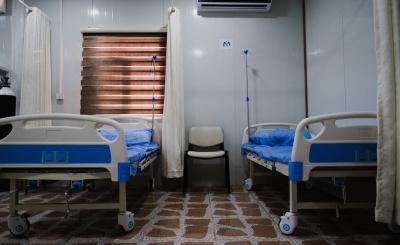
Director of the China Program, Harvard Law School Project on Disability
Harvard University
Both the US and China have made significant changes to their health systems in recent years. In the US, access to health care is highly variable, with most working-age adults receiving health insurance through their employers and government support for health care largely targeted toward the poor (through Medicaid, a means-tested program) and the elderly (through Medicare, a universal program). The Affordable Care Act (ACA) passed under the Obama administration sought to expand access to health care through an expansion of Medicaid and the availability of subsidies to help cover costs for lower-income people not eligible for Medicaid, among other provisions. While it expanded coverage significantly, the ACA has fallen far short of universal coverage and has been subject to ongoing political and legal challenges. China has been aggressively pursuing policies to provide universal coverage through the expansion of medical insurance, establishing a primary health care service and a national system for access to medication, reforming public hospitals, and equalizing access in rural and urban areas. Over 95 percent of the Chinese population now has health insurance coverage. But challenges remain in both countries with regard to access, quality, equity, and comprehensiveness. This panel will explore some of the approaches, provisions, successes, and challenges in each country with regard to addressing the populations’ health, mental health, and disability needs and supports.
Director of the China Program, Harvard Law School Project on Disability
Harvard University
Professor, Crown Family School of Social Work, Policy, and Practice
Academic Director, Graduate Program in Health Administration and Policy
Director, Center for Health Administration Studies
The University of Chicago
Associate Editor, American Journal of Public Health
Mulan Chair Professor of Economics, National School of Development
Director, China Center for Heath Development Studies
Doctoral Supervisor, National School of Development
Peking University
Chief Advisor on China Health Care Reform, World Bank
Chief Committee Member, Policy and Management Research, Ministry of Health of the People’s Republic of China
Assistant Professor, Crown Family School of Social Work, Policy, and Practice
Faculty Affiliate, Center for East Asian Studies and Center for the Study of Gender and Sexuality
The University of Chicago
Helen Ross Professor, Crown Family School of Social Work, Policy, and Practice
Affiliate Professor, Biological Sciences Collegiate Division
Affiliate Professor, Department of Public Health Sciences
Co-Founder, University of Chicago Crime Lab
Co-Director, University of Chicago Health Lab
The University of Chicago